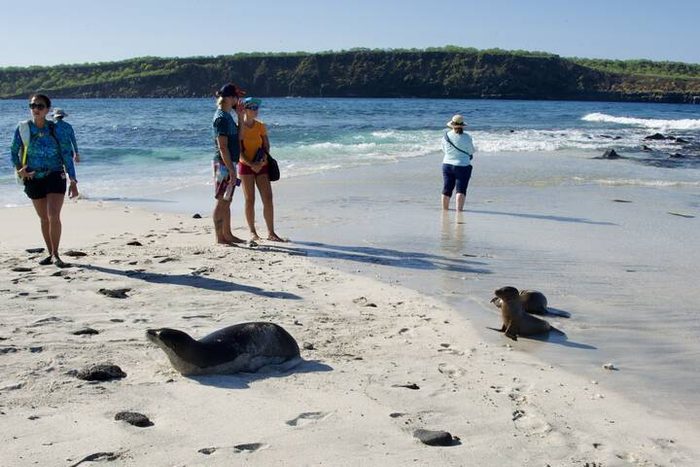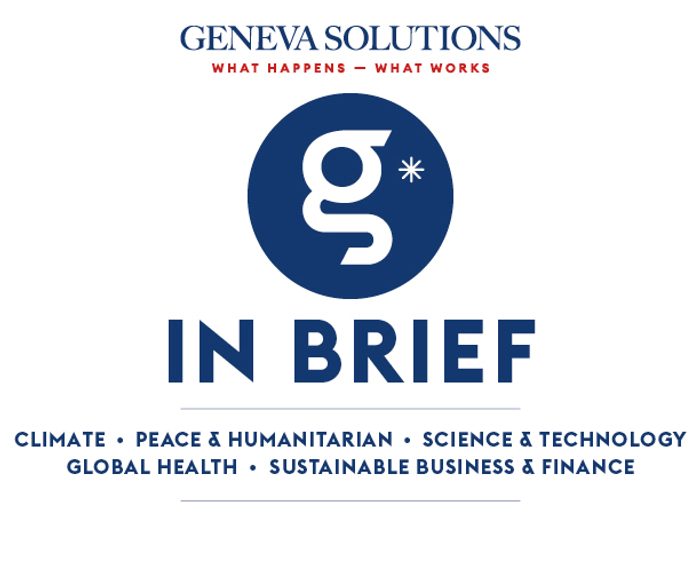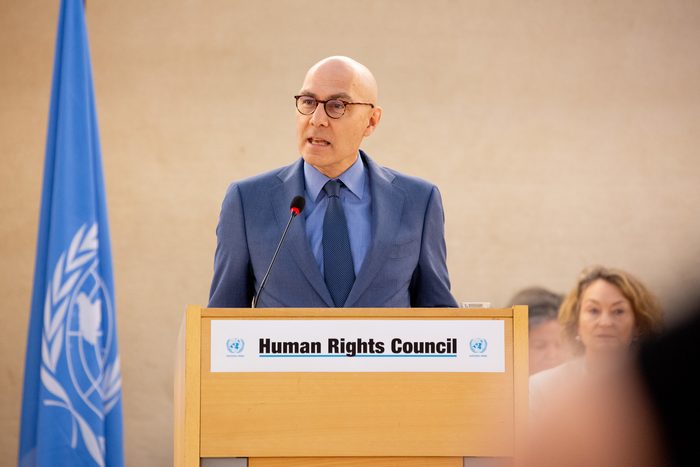Hi, this is Kasmira. In today’s newsletter, a new UN report accuses Russia of human rights violations against Ukraine.
A year-long investigation by three independent media looks into the origins of Havana Syndrome. And the co-head of the Geneva-based Global Cities Hub explains why cities are demanding a bigger say in tackling global issues.
You might have missed our piece exploring the impact of overfishing and other human-driven changes on the Galápagos Islands’ fragile ecosystem after a broken link in yesterday’s newsletter (sorry about that!). Our reporter Paula Dupraz-Dobias visited the islands and reported back. |

|
|
🕵🏻 Unravelling Havana Syndrome.
An investigation has uncovered evidence suggesting that unexplained anomalous health incidents, also known as Havana Syndrome, may have their origin in the use of directed energy weapons wielded by members of Russian GRU Unit 29155. The report details how one member of the infamous squad even interned in Geneva.
The Insider (EN)
|
|
🏙 Cities demand say in international negotiations.
At the United Nations, cities have fewer rights than NGOs. However, cities also want to have a say internationally and are becoming more involved as global issues, from health to climate change put them on the front lines in implementing decisions taken at a national level.
Swissinfo (EN)
|
|
🌲Syria has lost 20 per cent of its forests in 10 years.
The impact of war on nature can be acutely seen in Syria where the civil war, sparking forest fires and driving the impoverished local population to use trees as a source of fuel, has led to a 20 per cent decline in its forests in over a decade, according to a new study.
El País (EN)
|
|

Tourists and baby seals and their mother on Mosquera Island, Galápagos, 29 February 2024. (Geneva Solutions/Paula Dupraz-Dobias)
|
|
Human-driven environmental changes in Galápagos face global pushback.
Nearly 200 years after Charles Darwin visited the Galápagos Islands, providing the basis of his theory of evolution, Geneva Solutions visited the islands as they face their greatest environmental challenges yet. Amid Ecuador’s economic downturn and an unprecedented security crisis due to gang violence, the Galápagos National Park struggles to deal with issues including invasive species, pollution and overfishing. Meanwhile, international organisations and NGOs are saying the time has come for a policy reset before it’s too late.
Geneva Solutions
|
|
|
So that you don't miss a beat...
|
|
|
Subscribe to our Monthly Digest and receive our top original stories of the month in your inbox. Keep an eye out for our March edition this evening!
|
|
|
GS news is a new media project covering the world of international cooperation and development. Don’t hesitate to forward our newsletter!
Have a good day!
|

|
|
Avenue du Bouchet 2
1209 Genève
Suisse
|
|
|
|










